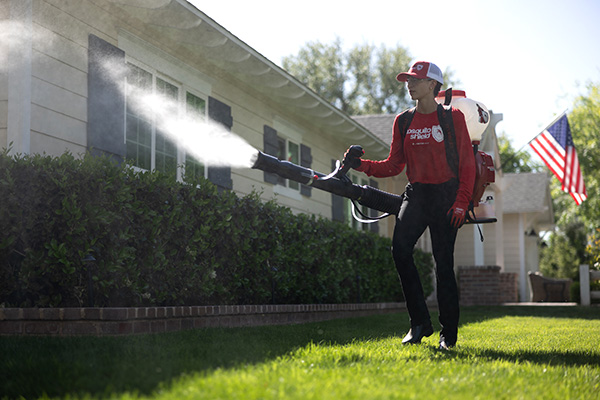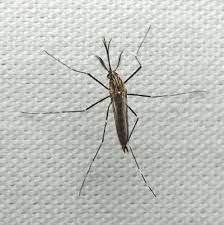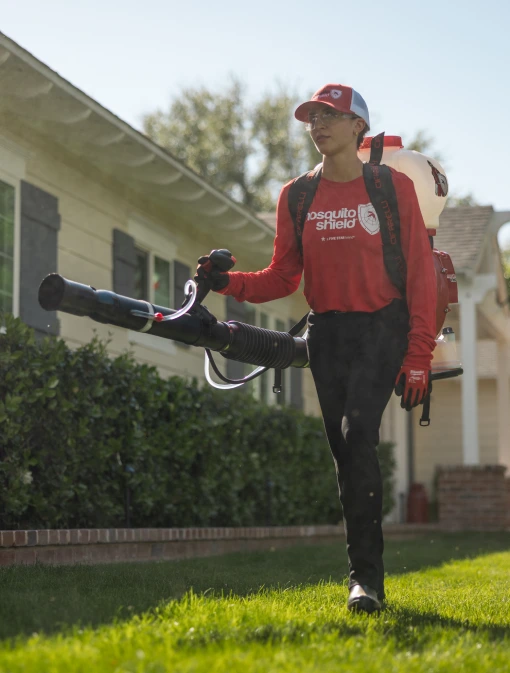Experience relaxation and peace in your backyard with our proven mosquito control solution. Trusted by families in Piermont, our innovative approach not only repels mosquitoes but also establishes a durable barrier customized to your outdoor environment. Mosquito Shield of New City is dedicated to creating mosquito-free zones, so you can enjoy your outdoor spaces without interruption.

Effective mosquito control in Piermont, NY, that drives mosquitoes away and keeps them out of your yard.

Enjoy mosquito-free outdoor time in Piermont with treatments designed to provide lasting results.

Highly rated mosquito control services in Piermont, trusted by residents to enhance outdoor living.

Piermont, New York, is a village in Rockland County located along the Hudson River’s west bank, known for its waterfront, leafy streets, and cluster of historic homes. The area combines river views, wooded backlots, and residential slopes. These features—alongside the region’s humid continental climate—promote mosquito and tick activity during favorable seasons.
Piermont’s riverfront edges, shaded property lines, and natural buffer zones provide suitable habitats for mosquitoes and ticks, particularly during warm, wet months.
Residents may face illnesses such as West Nile Virus and Eastern Equine Encephalitis from mosquitoes, along with tick-borne conditions including Lyme disease, ehrlichiosis, and Rocky Mountain Spotted Fever. Proper prevention is key to reducing risks in riverside and wooded environments.
Helpful steps for homeowners include:

The weather in Piermont mirrors coastal Hudson Valley climates: warm, humid summers and cold winters. Mosquito activity generally spans late spring through early fall, with peaks following summer rain. Ticks are active from spring through autumn, with greatest numbers in shaded and moist zones along wooded slopes and riverfront buffers.


Identification: Small, dark brown to black mosquito with white scales on the thorax and legs.
Habitat: Breeds in natural containers like tree holes and artificial containers such as tires.
Behavior: Daytime biter; females are aggressive and primarily feed on mammals.
Health Risks: Primary vector of La Crosse encephalitis virus.
Identification: Medium-sized, dark mosquito with bronze-colored scales and distinct white markings on the legs and thorax.
Habitat: Prefers artificial containers, rock pools, and tree holes.
Behavior: Active during the day; feeds on mammals and birds.
Health Risks: Potential vector for West Nile virus and La Crosse encephalitis.
Identification: Medium-sized with a brown body and white bands on the abdomen and legs.
Habitat: Breeds in temporary floodwaters, such as rain pools and marshes.
Behavior: Nocturnal; females are persistent biters of mammals.
Health Risks: Potential vector for West Nile virus.
Identification: Small to medium-sized, light brown mosquito with unbanded legs and a blunt abdomen.
Habitat: Breeds in stagnant water sources like ditches, storm drains, and containers.
Behavior: Active during dusk and dawn; females prefer avian hosts but will bite humans.
Health Risks: Primary vector of West Nile virus.